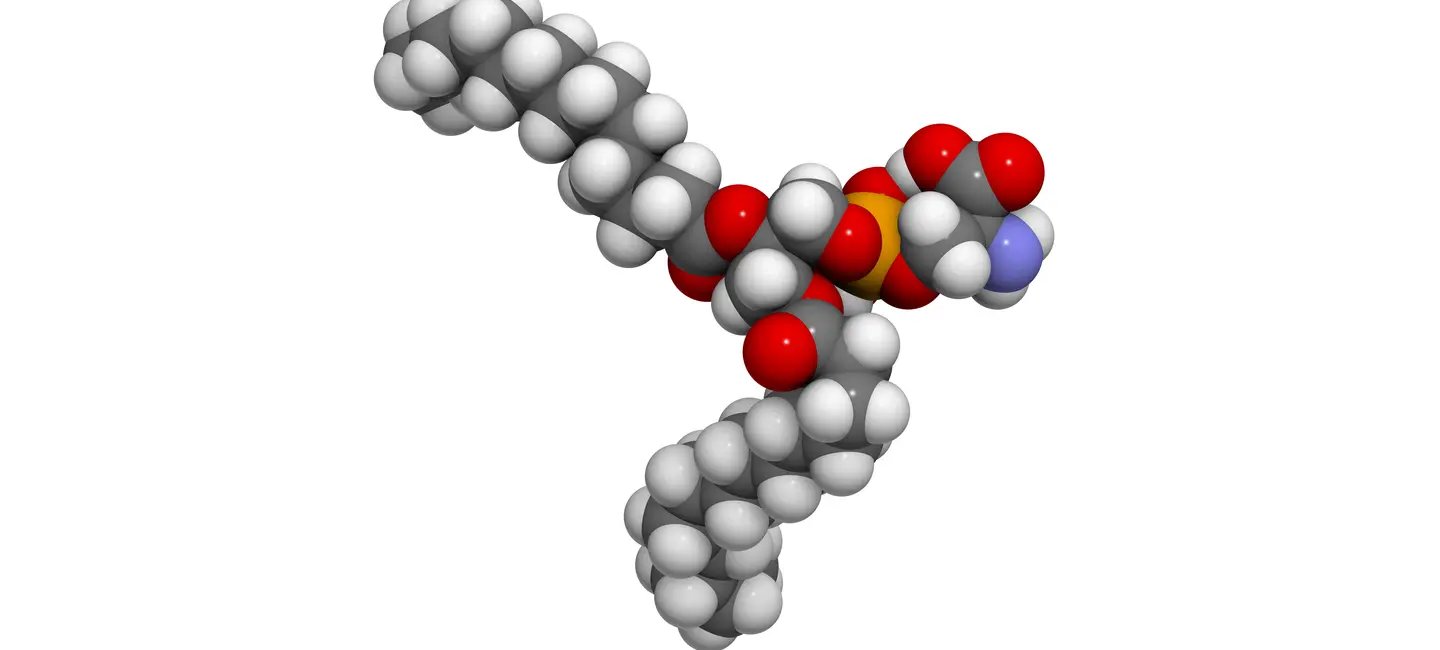
Phosphatidylserine is a chemical that is important for many functions in the human body, especially in the brain. Small amounts are found in most foods.
Phosphatidylserine is part of the cell structure in the body. The body can make phosphatidylserine, but most of what it needs comes from foods. It can also be taken as a supplement. These supplements were once made from cow brain. Now they are commonly made from cabbage or soy.
Phosphatidylserine is used for Alzheimer disease and normal age-related decline in memory and thinking skills. It is also used for athletic performance, ADHD, and many other purposes, but there is no good scientific evidence to support most of these uses.
Is It Effective?
NatMed Pro rates effectiveness based on scientific evidence according to the following scale: Effective, Likely Effective, Possibly Effective, Possibly Ineffective, Likely Ineffective, Ineffective, and Insufficient Evidence to Rate.
- Decline in memory and thinking skills that occurs normally with age. Taking phosphatidylserine that is made from cow brain by mouth seems to improve attention, language skills, and memory in aging people with declining thinking skills. But most phosphatidylserine supplements are now made from soy or cabbage. It's not clear if these supplements have the same effects.
- Alzheimer disease. Taking phosphatidylserine that is made from cow brain by mouth can improve some of the symptoms of Alzheimer disease after 6-12 weeks of treatment. But it might become less effective over time. Most phosphatidylserine supplements are now made from soy or cabbage. It's not clear if these supplements have the same effects.
There is interest in using phosphatidylserine for a number of other purposes, but there isn't enough reliable information to say whether it might be helpful.
Is it Safe?
When taken by mouth: Phosphatidylserine is possibly safe when used for up to 3 months. Phosphatidylserine can cause side effects such as insomnia and stomach upset, especially at doses over 300 mg.
There's some concern that products made from animal sources can transmit diseases, such as mad cow disease. To date, there aren't any cases of humans getting animal diseases from phosphatidylserine supplements. But stay on the safe side and look for supplements made from plants.
Special Precautions & Warnings:
Pregnancy and breast-feeding: There isn't enough reliable information to know if phosphatidylserine is safe to use when pregnant or breast feeding. Stay on the safe side and avoid use.
Children: Phosphatidylserine is possibly safe when taken by mouth for up to 4 months in children 4-18 years of age.
Drying medications (Anticholinergic drugs)
Interaction Rating=Moderate Be cautious with this combination.
Phosphatidylserine can increase a chemical in the body called acetylcholine. Acetylcholine plays a big part in many important body functions. Some medications, called anticholinergic drugs, block the effects of acetylcholine in the body. Taking phosphatidylserine might decrease the effects of anticholinergic drugs.
Various medications used for glaucoma, Alzheimer disease, and other conditions (Cholinergic drugs)
Interaction Rating=Moderate Be cautious with this combination.
Phosphatidylserine can increase a chemical in the body called acetylcholine. Some medications that are used for glaucoma, Alzheimer disease, and other conditions, also increase acetylcholine levels. Taking phosphatidylserine with these medications might increase the chance of side effects.
There are no known interactions with herbs and supplements.
There are no known interactions with foods.
Phosphatidylserine has most often been used by adults in doses of 200-400 mg by mouth daily, for 1-3 months. Speak with a healthcare provider to find out what dose might be best for a specific condition.
Most phosphatidylserine supplements used to be made from cow brain. This raised concerns about transmitting animal disease, such as mad cow disease, to humans. There aren't any cases of this happening, but most products now come from soy and cabbage. Stay on the safe side and stick with these plant-based products.
Information on this website is for informational use only and is not intended to replace professional medical advice, diagnosis, or treatment. While evidence-based, it is not guaranteed to be error-free and is not intended to meet any particular user’s needs or requirements or to cover all possible uses, safety concerns, interactions, outcomes, or adverse effects. Always check with your doctor or other medical professional before making healthcare decisions (including taking any medication) and do not delay or disregard seeking medical advice or treatment based on any information displayed on this website.
© TRC Healthcare 2024. All rights reserved. Use and/or distribution is permitted only pursuant to a valid license or other permission from TRC Healthcare.
